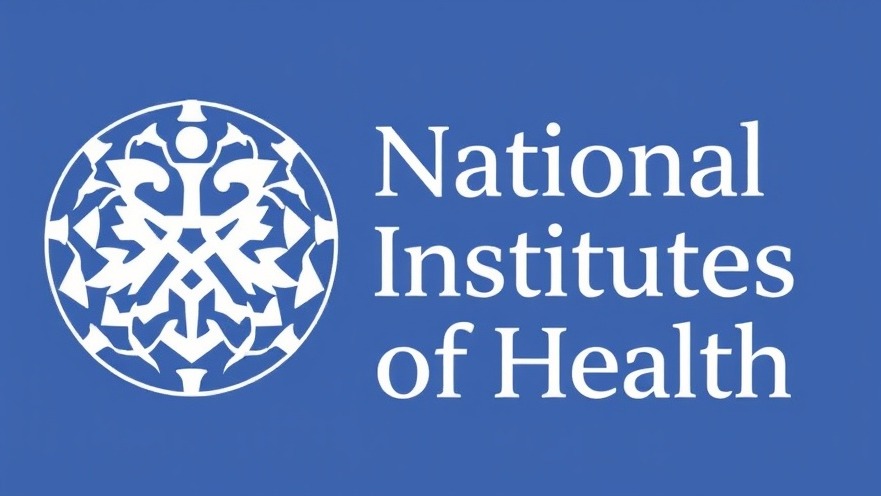
Trump Administration's Funding Decision: A Deep Dive
The National Institutes of Health (NIH), a key player in American health research, recently found itself in the crosshairs of a controversial funding decision by the Trump administration. A report from the Government Accountability Office (GAO), detailed on August 5, 2025, revealed that approximately 1,800 grants were canceled, depriving the NIH of about $8 billion compared to the previous year.
Understanding the Legal Implications
This significant decision comes with serious legal ramifications. The GAO's findings mark the fifth occasion where Trump's administration has been criticized for allegedly violating the law concerning budget management, specifically in handling Congress's power over federal funding. According to constitutional guidelines, Congress holds the authority to allocate funds, and any override of this power raises questions about administrative overreach.
Broad Bipartisan Concerns Over Health Research Funding
The fallout from the funding cuts has drawn bipartisan criticism, emphasizing the universal acknowledgment of the necessity for robust health research, particularly in cancer treatments and other critical diseases. Lawmakers across party lines expressed alarm over the implications that these cuts could have on public health outcomes in America. The NIH has long been instrumental in advancing medical research, and disruptions to its funding pipeline could stall crucial innovations in healthcare.
Budget Maneuvering and the Power Struggle with Congress
The controversial actions by Trump's administration illustrate a broader tension between the executive branch and Congress over budgetary control. Trump's expansive view on his power to regulate the federal budget raises fundamental questions about the balance of power in American politics. While past administrations have exercised budgetary discretion, this administration's approach has sparked significant debate regarding transparency and accountability.
Reactions from Within the Administration
Despite the backlash, administration officials defended their funding delays, attributing them to a necessary “transition” period post-election. Russell T. Vought, Director of the White House Office of Management and Budget, cited inefficiencies within the NIH and called for a “dramatic overhaul.” However, such assertions have not quelled the growing concerns from both scientists and legislators about the potential long-term effects of these actions on public health.
The Future of NIH Funding in Political Context
As the situation unfolds, the future of NIH funding remains uncertain. With additional proposed funding cuts looming in the upcoming budget, stakeholders are left wondering what this means for ongoing research and public health initiatives. Observers are also eyeing the actions of Congress as it prepares to address these funding concerns more directly.
Staying Informed on Health and Politics
The implications of these funding issues resonate with various aspects of national news, affecting not only healthcare but also the broader picture of governance in the U.S. Constituents are encouraged to engage with local representatives about their stances on health funding and to stay informed through trusted news outlets as this situation evolves.
 Add Element
Add Element  Add Row
Add Row 



Write A Comment